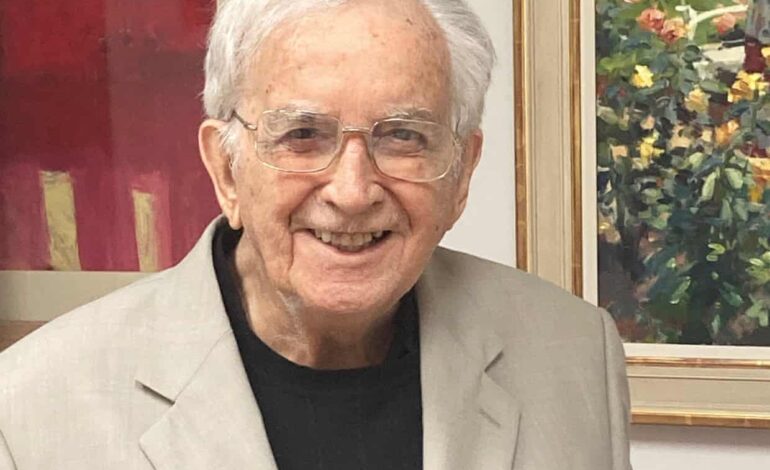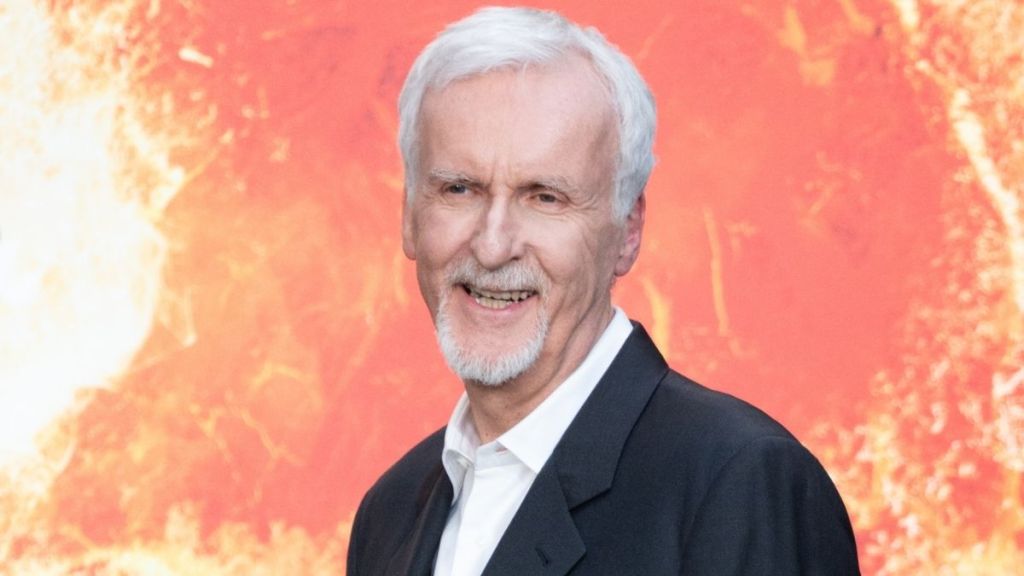David Enoch, Advocate for Mental Health Reform, Dies at 99

David Enoch, a prominent advocate for humane mental health care, passed away on March 5, 2023, at the age of 99. His significant contributions to psychiatry, particularly in reforming mental health practices, left a lasting impact on the field. As a founding fellow of the Royal College of Psychiatrists, Enoch was deeply involved in efforts to improve patient care and challenge systemic neglect within mental health services.
In the 1960s, Enoch served as a medical adviser to Barbara Robb, a psychotherapist whose controversial book, Sans Everything, exposed the abuse and neglect occurring in long-stay NHS psychiatric wards. Initially dismissed by health ministers, including Kenneth Robinson and Enoch Powell, the revelations from Robb’s work ultimately spurred essential policy changes in mental health care.
Transformative Work in Mental Health Care
As the consultant in charge at Shelton Hospital in Shrewsbury, Enoch implemented the “care in the community” model, transforming the former asylum into a hub for innovative treatment and training. His approach was rooted in compassion and aimed at normalizing mental health care by integrating it into the community.
Born in Penygroes, south Wales, to Maria and Thomas Enoch, a coal miner, David initially anticipated a career in the ministry. However, his experiences during World War II, where he served on India’s north-west frontier, shifted his focus. Witnessing the suffering and turmoil of the time inspired him to pursue a medical career. After demobilization, Enoch attended St Thomas’ Hospital Medical School in London, graduating in 1954. His training at University College Hospital and the Maudsley Hospital deepened his understanding of modern psychopharmacology.
In the late 1950s, while working at Runwell Hospital in Wickford, Essex, Enoch authored a prize-winning paper on Capgras syndrome, a rare psychiatric condition. His subsequent book, Uncommon Psychiatric Syndromes, published in 1967, became a significant reference in the field, translated into multiple languages.
A Legacy of Teaching and Compassion
Despite his professional achievements, Enoch often emphasized that his true calling lay in enhancing patient care. His activism was supported by rigorous research, advocating for understanding and compassion for those experiencing rare delusional disorders. In 1974, he was appointed as a senior consultant at the Royal Liverpool University Hospital, where he developed a vibrant department that trained countless psychiatrists. Enoch’s teaching emphasized a holistic approach, insisting that practitioners consider “body, mind, and spirit” in their treatment plans.
Colleagues and students fondly remembered him for his charisma, sense of humor, and the nickname “Enoch the Uncommon,” derived from his book. He encouraged young practitioners to listen attentively to patients, fostering a culture of empathy and respect within the medical community.
A devout Christian, Enoch wrote several books, including Healing the Hurt Mind (1983) and I Want a Christian Psychiatrist (2006), blending his faith with his psychiatric practice. His autobiography, Enoch’s Walk: Ninety-Five, Not Out, published in 2022, encapsulated his life’s work and philosophy.
Enoch continued to see patients until 2012, remaining active as a lecturer and lay preacher. His first marriage to Joyce ended with her passing in 1993. He later married Anne, a headteacher, in 1996. Enoch is survived by Anne, his son Dafydd from his first marriage, and six grandchildren.
David Enoch’s dedication to mental health reform and patient care has left an indelible mark on the field of psychiatry, inspiring future generations to pursue compassionate and effective mental health practices.






